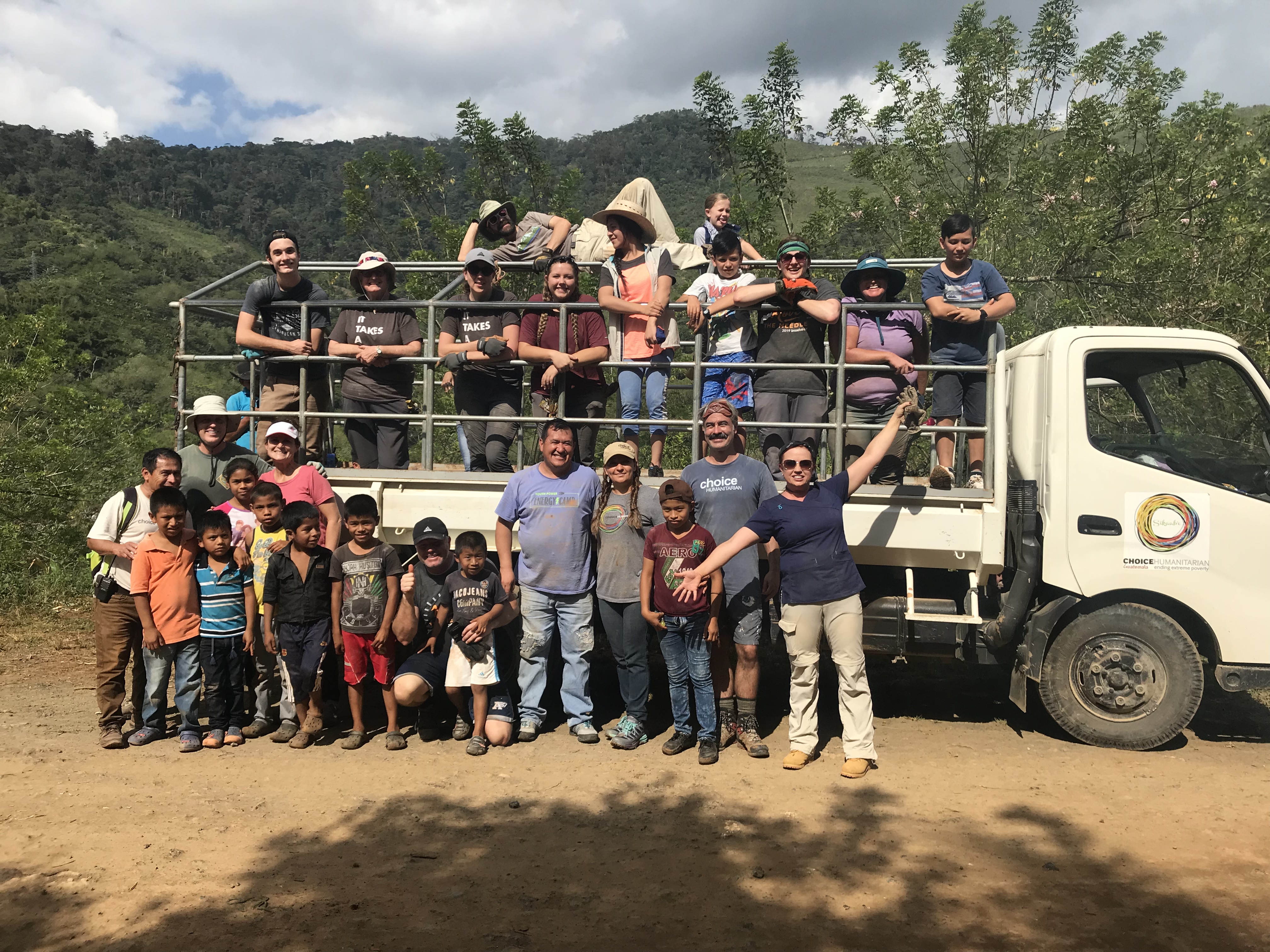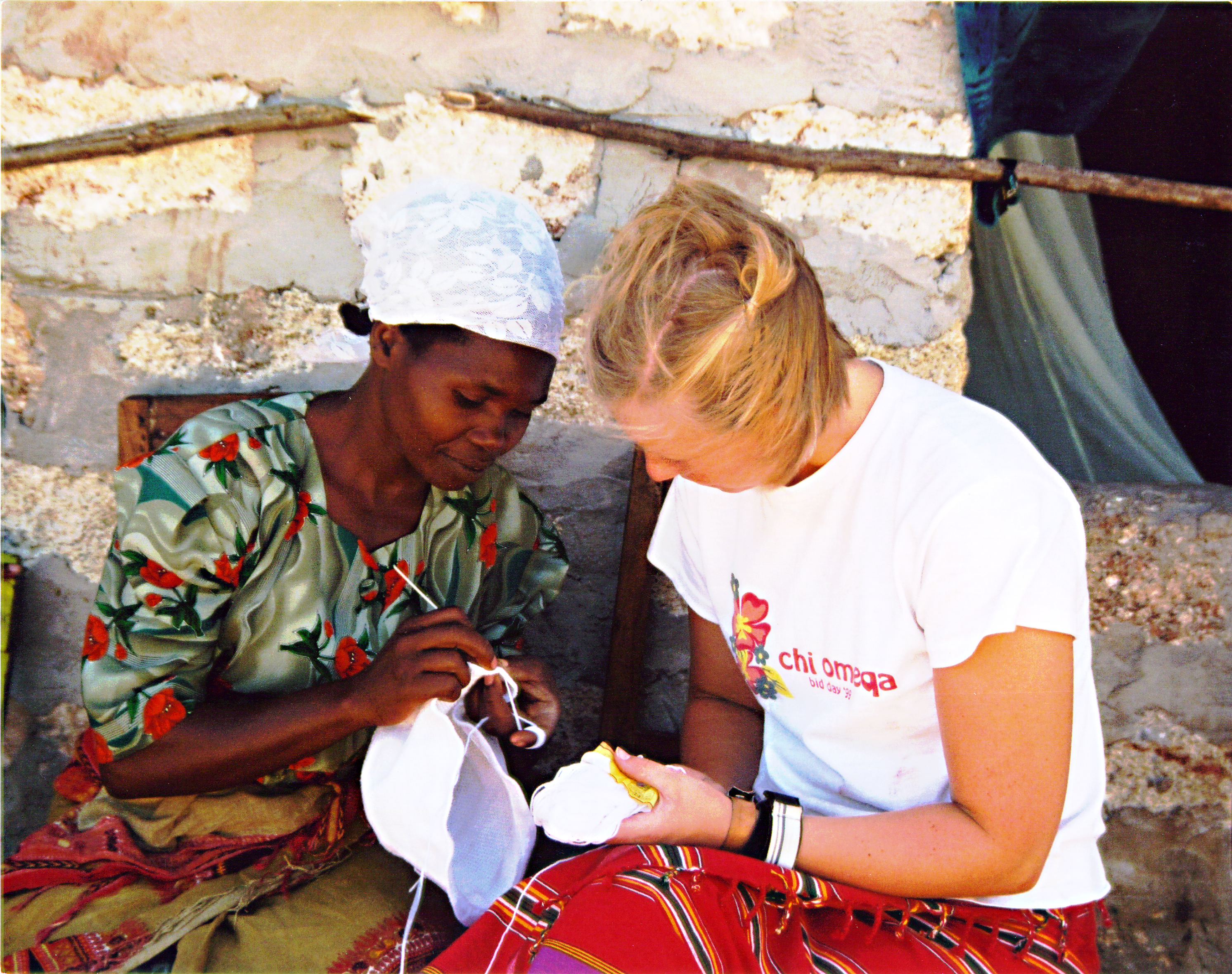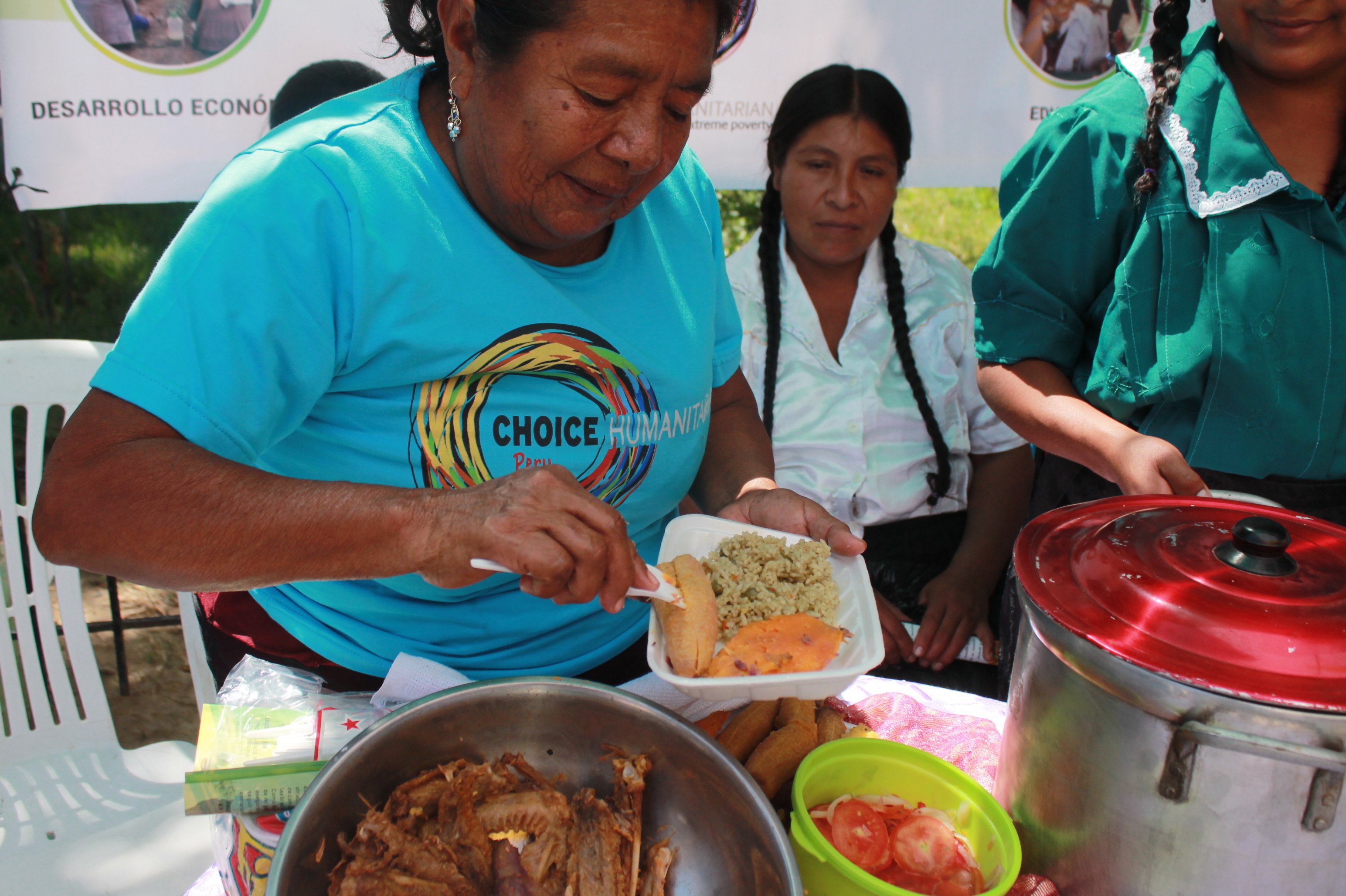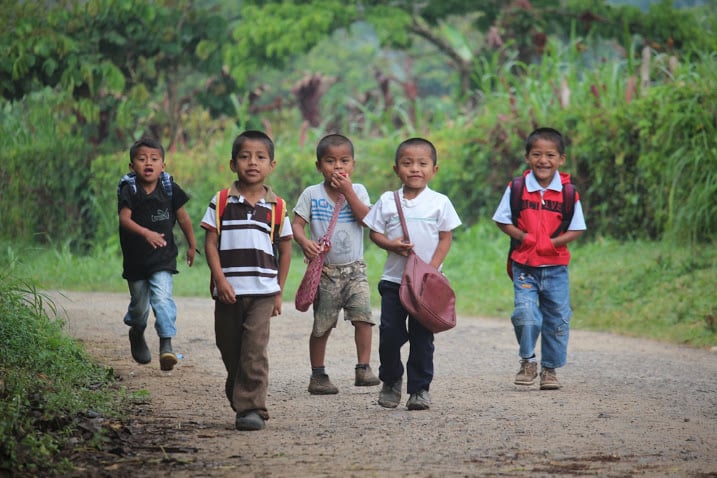Being a Mindful Traveler
Traveling is an enriching experience that allows us to explore new cultures, discover breathtaking landscapes, and create unforgettable memories. However, with the post-pandemic rise in global tourism, it is crucial for travelers to be mindful of their impact on the destinations they visit.

Responsible travel is a growing movement that promotes sustainable, ethical, and respectful practices while exploring the world. You may ask yourself: How can I travel in a way that is supportive and beneficial to the culture and environment around me?
Read along for some tips and tricks for being a respectful traveler, ensuring that your journey leaves a positive impact on the communities you encounter.
Education is Key
One of the fundamental principles of responsible travel is to be well-informed about your destination. Research the local customs, traditions, and culture, as this will help you interact with people in the area in a respectful manner. Understanding basic phrases in the local language—such as ‘please’ and 'thank you’—can show your willingness to engage respectfully with the community.
Additionally, be aware of any current environmental or social issues in the area you plan to visit. By staying informed, you can avoid exacerbating existing problems and be more aware of your surroundings.

If you plan on visiting historic sites, temples, or sacred places, be respectful of local customs and traditions. Follow any guidelines or restrictions that may be set by the site authorities. Avoid intrusive behavior, such as touching or climbing on delicate structures, and remember that these places hold deep spiritual significance for the local community.
Learning more about the culture you’re participating in, as well as their customs and traditions, can allow you to make smart and positive choices throughout your traveling experiences.
Consider Sustainable Options
When selecting your accommodations, opt for locally owned hotels, lodges, or guesthouses. These establishments often contribute more directly to the area's economy, and they provide opportunities to interact with locals and gain deeper insights into someone's culture. Experiences like these foster cultural exchange and mutual understanding.
This suggestion doesn’t just apply to accommodation. Supporting local businesses is also a crucial part of supporting sustainability in the area you’re traveling in. Similarly, purchasing handicrafts can also bolster traditional artisans who are selling their wares.

Encourage the growth of regional economies by attending locally owned restaurants, cafes, and shops. Eating at local eateries not only allows you to savor authentic cuisine, but also helps preserve traditional recipes and culinary heritage.
Avoid large chains and opt for small businesses that demonstrate a commitment to sustainability and community development. Your spending choices can significantly impact the livelihoods of residents and promote a more equitable environment.
Give Back to the Community
Lastly, give back to the communities that welcome you. Engage in responsible volunteering activities that align with local needs and values. Participate in life-changing humanitarian expeditions, like the ones CHOICE Humanitarian offers. On a CHOICE expedition, you’ll have the opportunity to both explore and learn about the culture around you and participate in humanitarian projects working side by side with community members. Our Certified Expedition Leaders collaborate with local leadership to provide you with a safe and smooth experience. You can also consider making a donation to reputable NGOs or community-based projects that address challenges faced by the community, rather than simply donating material objects.

Being a respectful traveler goes beyond visiting new places; it involves understanding, appreciating, and contributing positively to the communities and environments you encounter. By adopting responsible travel practices, you can ensure that your adventures are leaving a positive impact on the world, fostering cultural exchange, protecting natural resources, and supporting the well-being of local communities. Embrace the spirit of responsible travel, and let your journeys become meaningful and transformative experiences for both you and the places you visit.